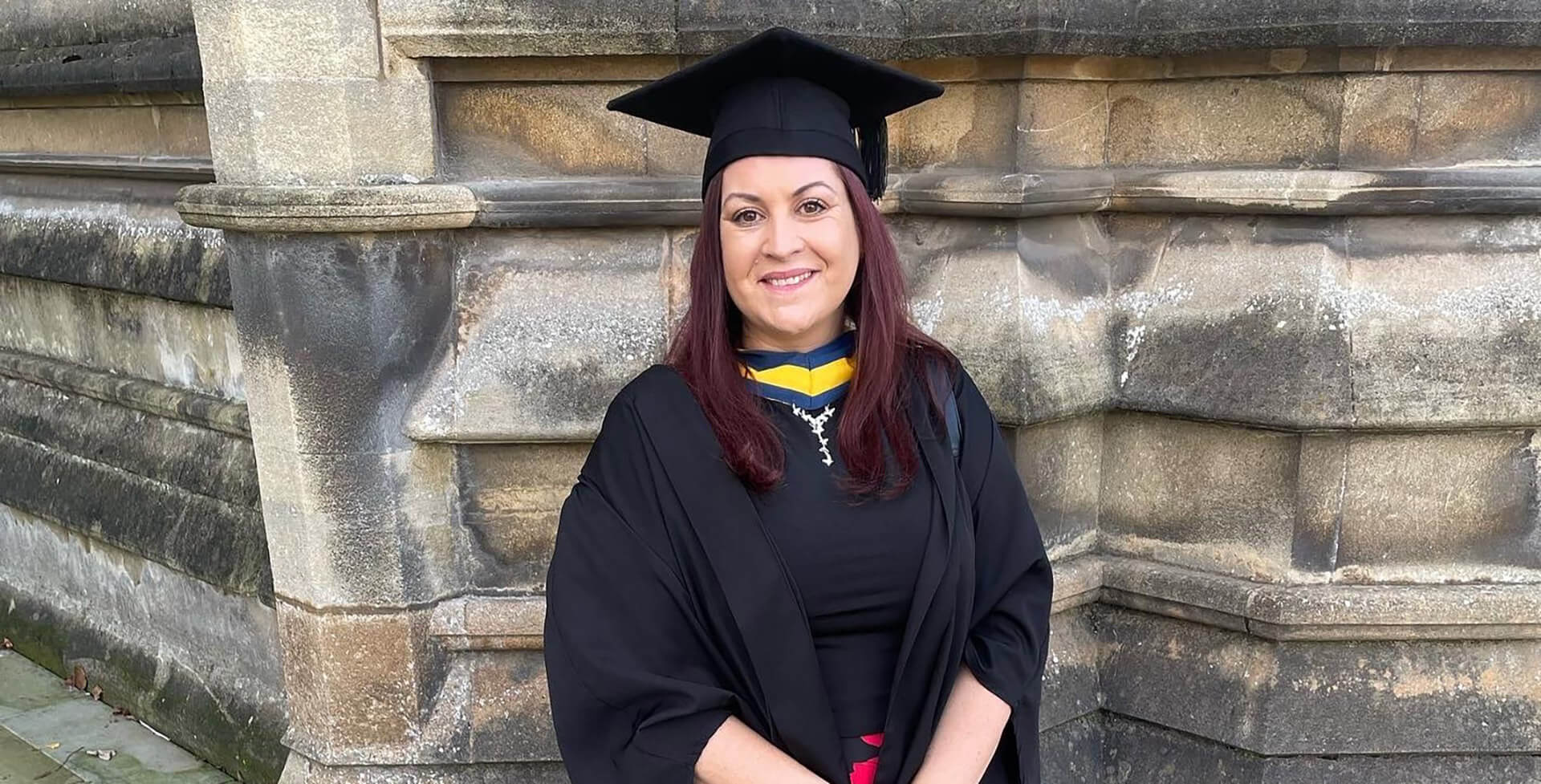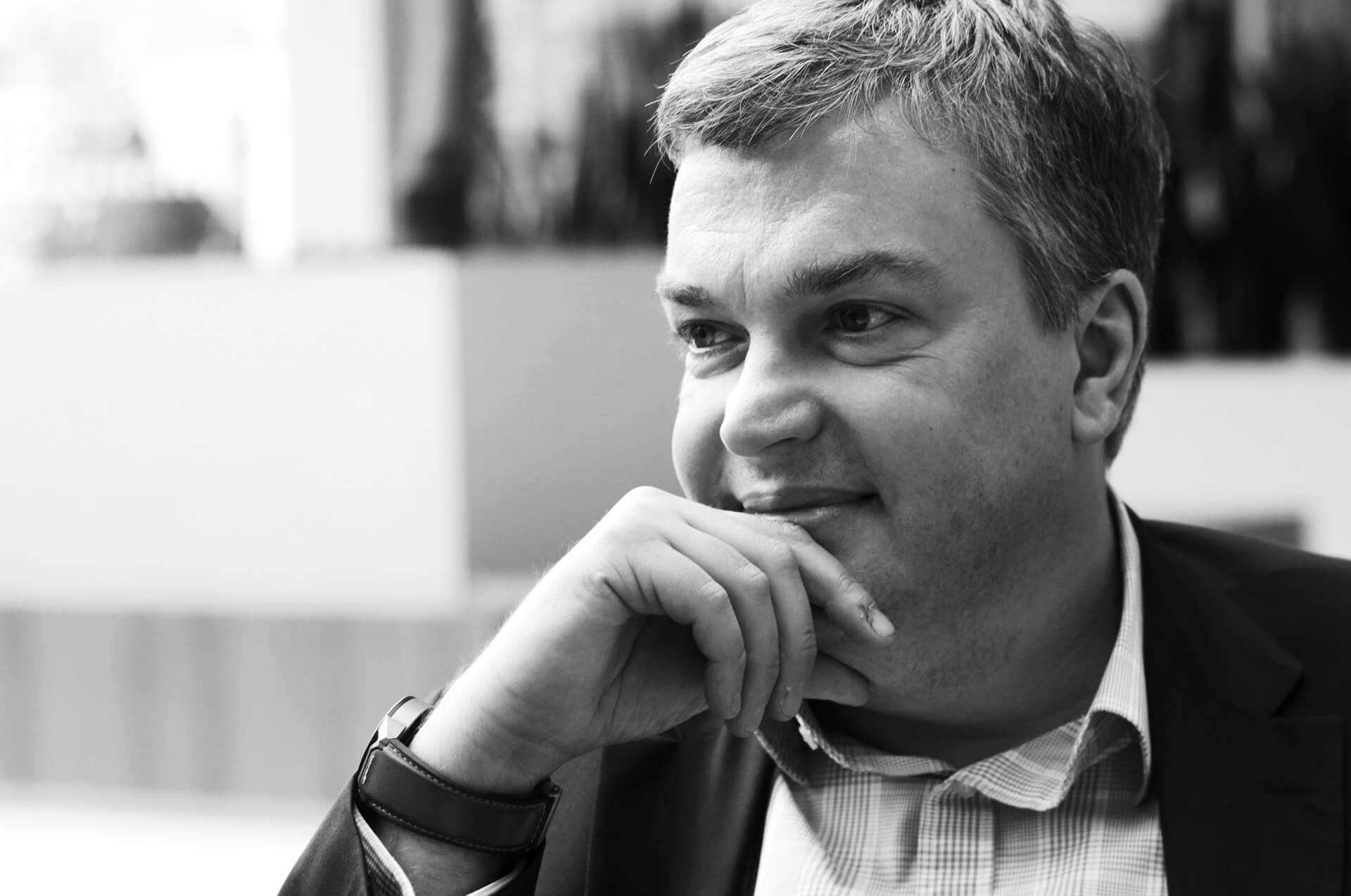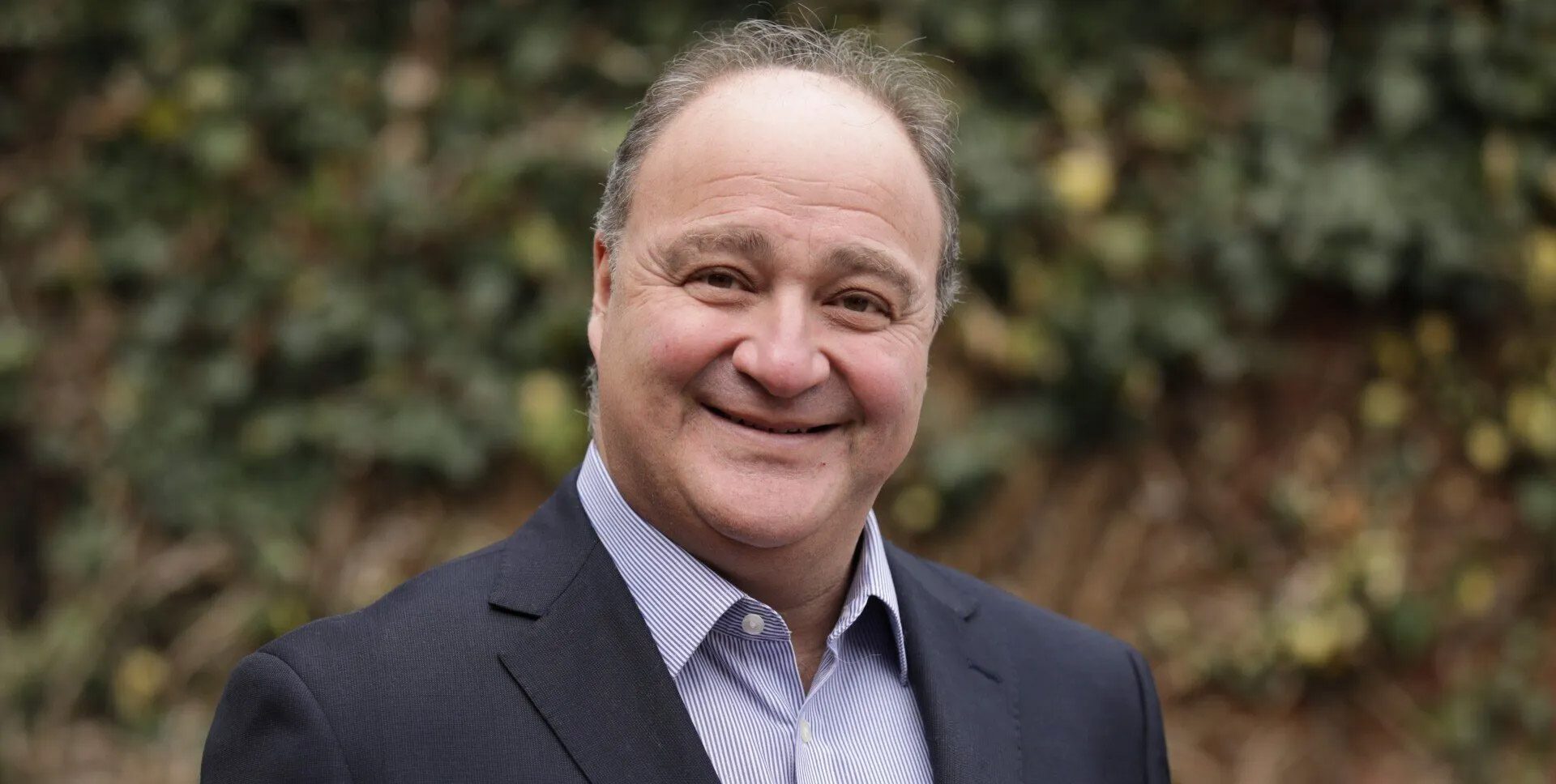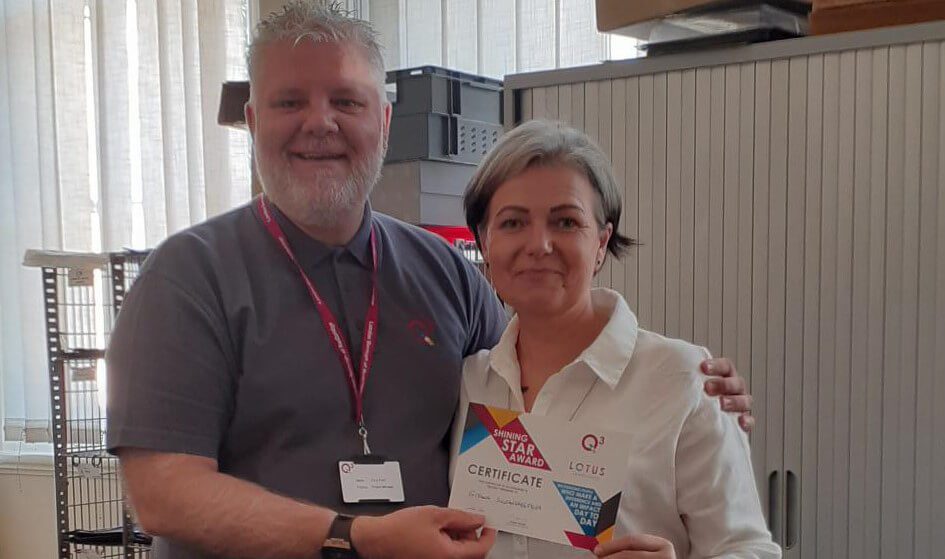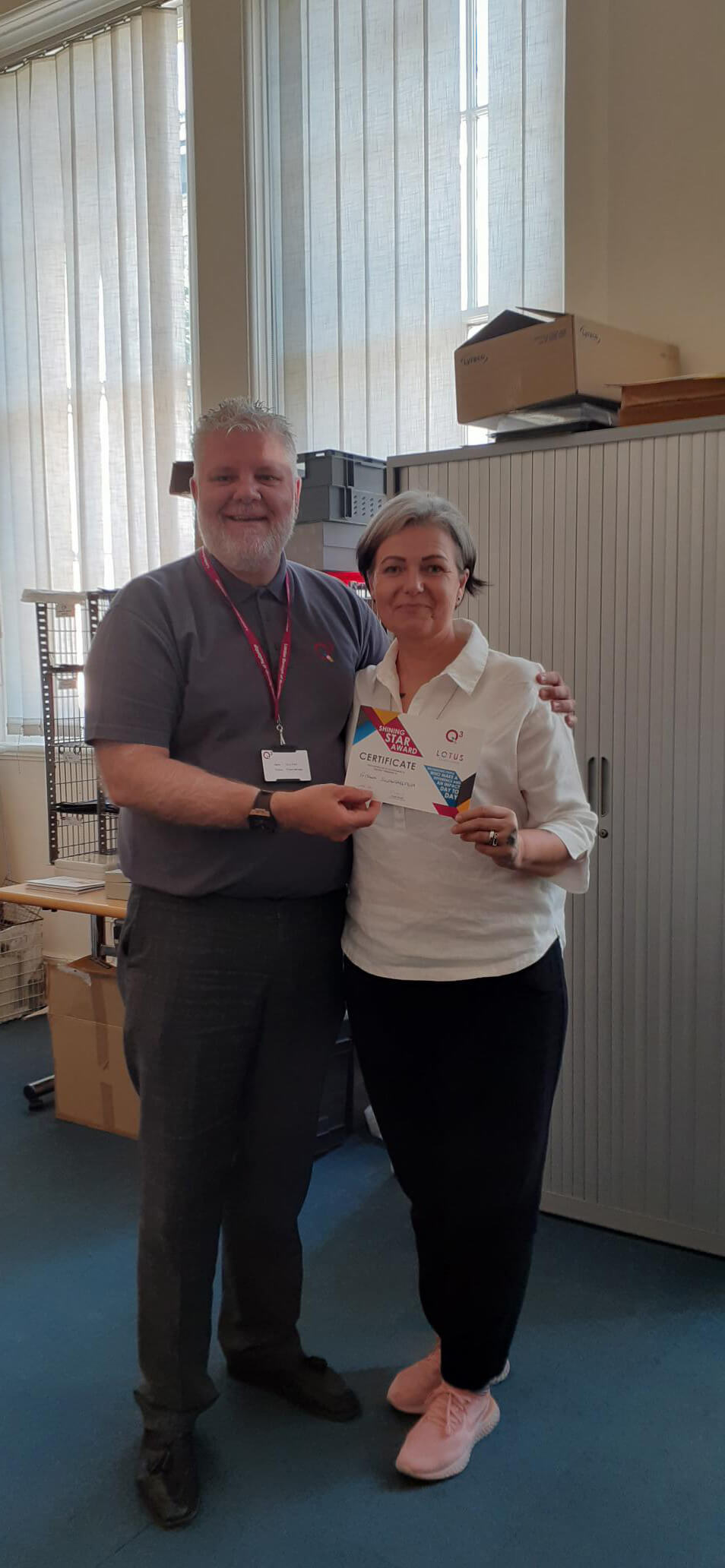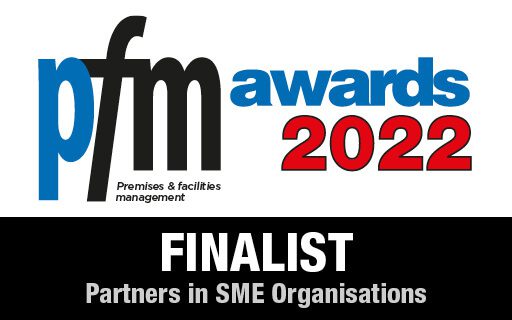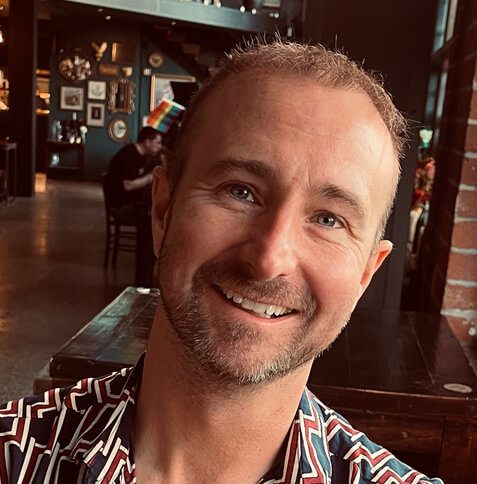Paul Baker examines the 2022 property conundrum and explains how Guide Dogs has responded

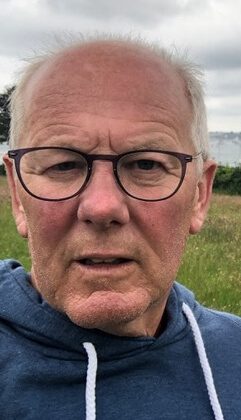
After many years working in the financial sector, with senior roles spanning operations and property, Paul Baker has transferred his skills and experience to the challenges of two very different organisations. He is currently Chairman of Q3 Services, having been a founder and original investor, as well being a Trustee of the Guide Dogs charity.
It was in his capacity as Trustee of Guide Dogs that he wrote the following article, describing the charity’s experience of dealing with the disruption caused by Covid and the formulation of the return-to-work strategy. The article was originally reproduced in the Civil Society’s Governance and Leadership publication, in May 2022.
Whether in a charity or a business, we are all reviewing our organisational model to ensure it remains fit for purpose to support changing work patterns post-Covid. The spectrum of challenges that this presents to leadership is similar, regardless of sector.
This article focuses on the impacts of these challenges upon the location and physical presence strategies at Guide Dogs, where I am a trustee.
Before the pandemic, working from home or remotely was predominantly convenience driven, usually under a banner of “flexible working” where arrangements mostly suited a staff member’s non-work commitments or a business need. Moreover, a growing societal drive for a better work-life balance and greater nurturing of our mental health was also gaining traction in terms of influencing operating models and strategies.
Notwithstanding this, the norm remained for most work activity to be conducted on-site or in theoffice, with process, systems, policy and physical presence all set to support this well recognised and successful organisation model. For example, at Guide Dogs, our day-to-day operating model (excluding the volunteer network) was exactly this, relying on full-time office workers with static dedicated desks. There was minimal remote working and despite a good level of flexible contracts, these were also mainly office based.
Then came the pandemic, and almost overnight our long-established models were turned upside down as lockdowns drove a large proportion of workers away from the office. All sectors responded brilliantly, with deep-rooted systems, policies and processes quickly broken down and rebuilt to support remote working. Arguably, this has been so successful that far more work can now be carried out away from the office and it is clear that many workers want this to remain as standard.
It also led to a proliferation of workforce surveys over the last year or so, most of which seem to be landing in roughly the same place. The consensus seems to be that around three-quarters of employees across all sectors prefer to work from home at least one day a week and ideally two days. Similarly, three-quarters believe that remote working gives them the best work-life balance, andnearly a fifth don’t want to return to the office at all. Indeed, many potential employees and staff will now only consider those employers that provide the most flexible working arrangements. This is particularly so in the younger age groups – the future workforce population that we all rely upon.
That said, there is also evidence across all sectors that plenty of senior leaders would prefer most staff to return to the office full time. Against this background, a clear conundrum now presents itself. All organisations must now consider the balance and extent to which staff will return to the workplace, at what pace and on what basis and cost. For instance, what percentage of staff will continue to work from home with only
occasional visits to the office, versus those returning full time to the office, or those having new hybrid arrangements? At the same time, leaders must consider the economics of returning to previous models; can we still afford it if business demand has dropped, costs have risen, or income
has fallen?
These workplace drivers and cost dynamics all demand that leadership teams and boards must consider carefully how they line up their location and physical presence to support changing organisational models. We cannot ignore the need to map out new paths that not only capture the best of what we had, but also encompass the new learnings and preferences of our teams.
Lessons at Guide Dogs
At Guide Dogs, we are alive to these challenges and opportunities, and have seen some common themes and indicators emerge as we have planned forward and begun to implement changes.
Our technologies were adapted quickly and have worked well in supporting remote working. This has helped to maintain staff engagement and morale which, while variable at times in line with the ups and downs of lockdowns, has held up overall – aided by a sharp focus upon regular staff communications. A hybrid model of working has emerged as the clear favourite by those who are able to work remotely, and encouraging staff to return to the office has not always been easy.
Interestingly, we have seen some absenteeism reduce, and some staff have reported higher productivity as a result of fewer interruptions and less time wasted commuting. While some report better mental health with less stress as work and family conflicts have reduced, for others these
stresses have been exacerbated. Examples include those who may be in unsuitable housing for work, such as flat shares; those with pre-school children; or those simply missing face-to-face interactions. What is abundantly clear is that there is no one-size-fits-all solution.
In making our own operating model changes, we have discussed in some detail the impact of these indicators and preferences. For example, whether, if staff were always working from home, at some point might the disadvantages of working remotely start to exceed the advantages? In particular, the potential impacts eventually of more staff feeling isolated, having less connection with others, and feeling more distanced from the charity and its culture. Accordingly, we have determined a need to ensure that as we change, we maintain the team ethos and ability to develop ourselves and our teams in ways that promote collaboration, and sharing of knowledge and expertise – while also allowing our leadership to maintain influence.
How have we responded?
Quite early on in the pandemic, as some of our buildings became virtually empty, we took the decision to ramp up our strategy for some rationalisation. This encompassed our National Centre near Leamington Spa, our central and community centre in Reading, our regional centres and a smaller number of community sites.
We have had a particular goal of moving to a freehold estate, with buildings that have much more open space for the dogs to be trained and prepared for their partnerships. We also needed more drop-off areas as dogs are brought to the centres by our volunteers each day now, rather than being partly boarded on site as they were for many years. Previously, while the National Centre was already a modern and effective space, some of our other buildings and interiors were tired, limited by older dog-boarding spaces, small meeting rooms with dedicated desks, and centrally-defined ways of working. These workspaces and furnishings were past their best and not as welcoming as we needed them to be to encourage staff and volunteers back.
Since the pandemic began, we have completely revamped our centres in Bristol and Exeter, merged our central office and local operations into one site at Reading, and are progressing plans for the sale of a big centre in the middle of Leamington Spa and the transfer of those activities into the National Centre. We are also on-site at Leeds and Redbridge, and in the process of buying and selling several freeholds.
The London office lease expires at the end of this year and we will have to relocate. Finding a new home in central London is not easy but we have one in our sights.
Our new post-Covid designs focus upon more collaborative spaces that we hope will prove attractive to our teams. We have used staff, volunteer and lived-experience feedback to make sure our offices will be far more accessible for staff and visitors with sight loss. They are also now less cramped, leaving room for office zones or neighbourhoods for people to work more flexibly. Furniture has been replaced and lockers for all staff are back in vogue. Moreover, we are including new facilities such as kitchens and familiarisation zones, which we use to support children and young people with sight loss to be more confident and independent.
We have moved to a point where most office-based staff are now required to be on-site at least two days a week. As you walk around our offices you will see more colour, more evidence of the brand, examples of project work, and nearly everyone hot-desking. There is also much more space for dogs. The environment is more modular so that local staff can change things around more easily and showcase their great work. Finally, the meeting rooms are now more able to cope with a hybrid mix of attendees, some in person and some on screen. These are supported by more breakout areas for staff to relax and socialise.
Clearly, this has come at a cost but as trustees we believe it is money well spent, since whatever we might think of the future, we can be certain that post-Covid it will be nothing like the past. At Guide Dogs, we believe we have hit the ground running and have used lockdown, a time when we could not deliver all our services, to set ourselves up better for what is now our absolute focus: to reduce our waiting lists and support even more people with sight loss.

 Channel Islands
Channel Islands
